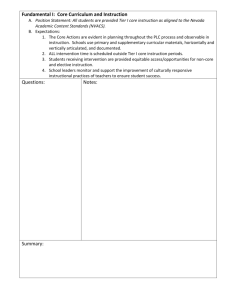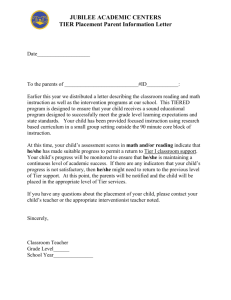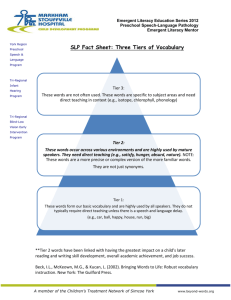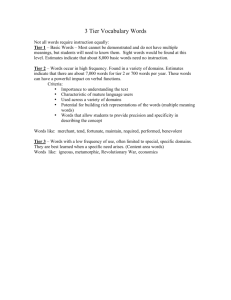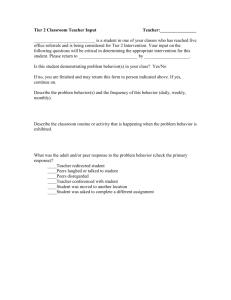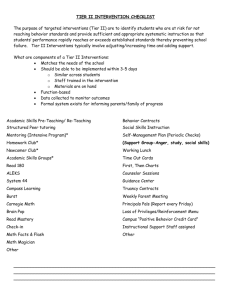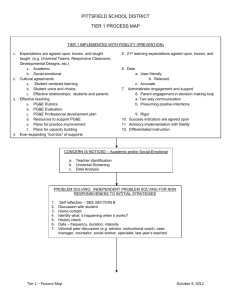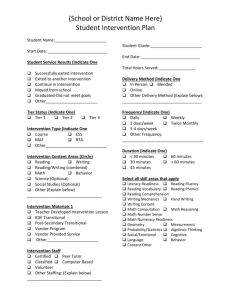Teach Vocabulary: Word Wall/Student Notebook/Active Learning
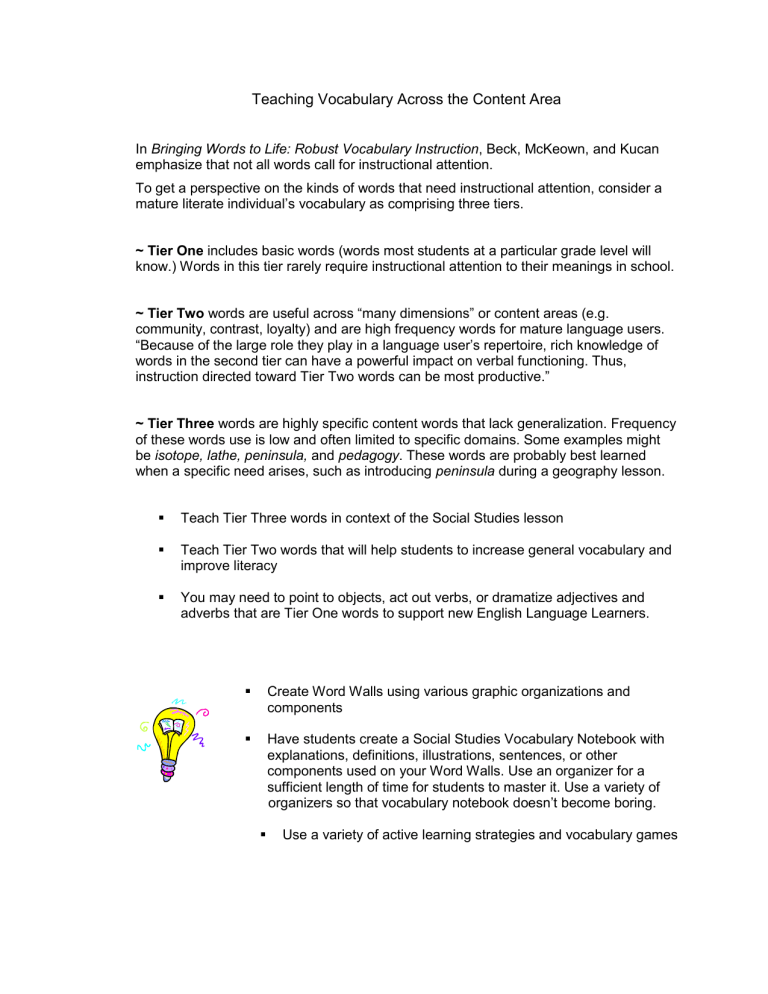
Teaching Vocabulary Across the Content Area
In Bringing Words to Life: Robust Vocabulary Instruction , Beck, McKeown, and Kucan emphasize that not all words call for instructional attention.
To get a perspective on the kinds of words that need instructional attention, consider a mature literate individual’s vocabulary as comprising three tiers.
~ Tier One includes basic words (words most students at a particular grade level will know.) Words in this tier rarely require instructional attention to their meanings in school.
~ Tier Two words are useful across “many dimensions” or content areas (e.g. community, contrast, loyalty) and are high frequency words for mature language users.
“Because of the large role they play in a language user’s repertoire, rich knowledge of words in the second tier can have a powerful impact on verbal functioning. Thus, instruction directed toward Tier Two words can be most productive.”
~ Tier Three words are highly specific content words that lack generalization. Frequency of these words use is low and often limited to specific domains. Some examples might be isotope, lathe, peninsula, and pedagogy . These words are probably best learned when a specific need arises, such as introducing peninsula during a geography lesson.
Teach Tier Three words in context of the Social Studies lesson
Teach Tier Two words that will help students to increase general vocabulary and improve literacy
You may need to point to objects, act out verbs, or dramatize adjectives and adverbs that are Tier One words to support new English Language Learners.
Create Word Walls using various graphic organizations and components
Have students create a Social Studies Vocabulary Notebook with explanations, definitions, illustrations, sentences, or other components used on your Word Walls. Use an organizer for a sufficient length of time for students to master it. Use a variety of organizers so that vocabulary notebook doesn’t become boring.
Use a variety of active learning strategies and vocabulary games
